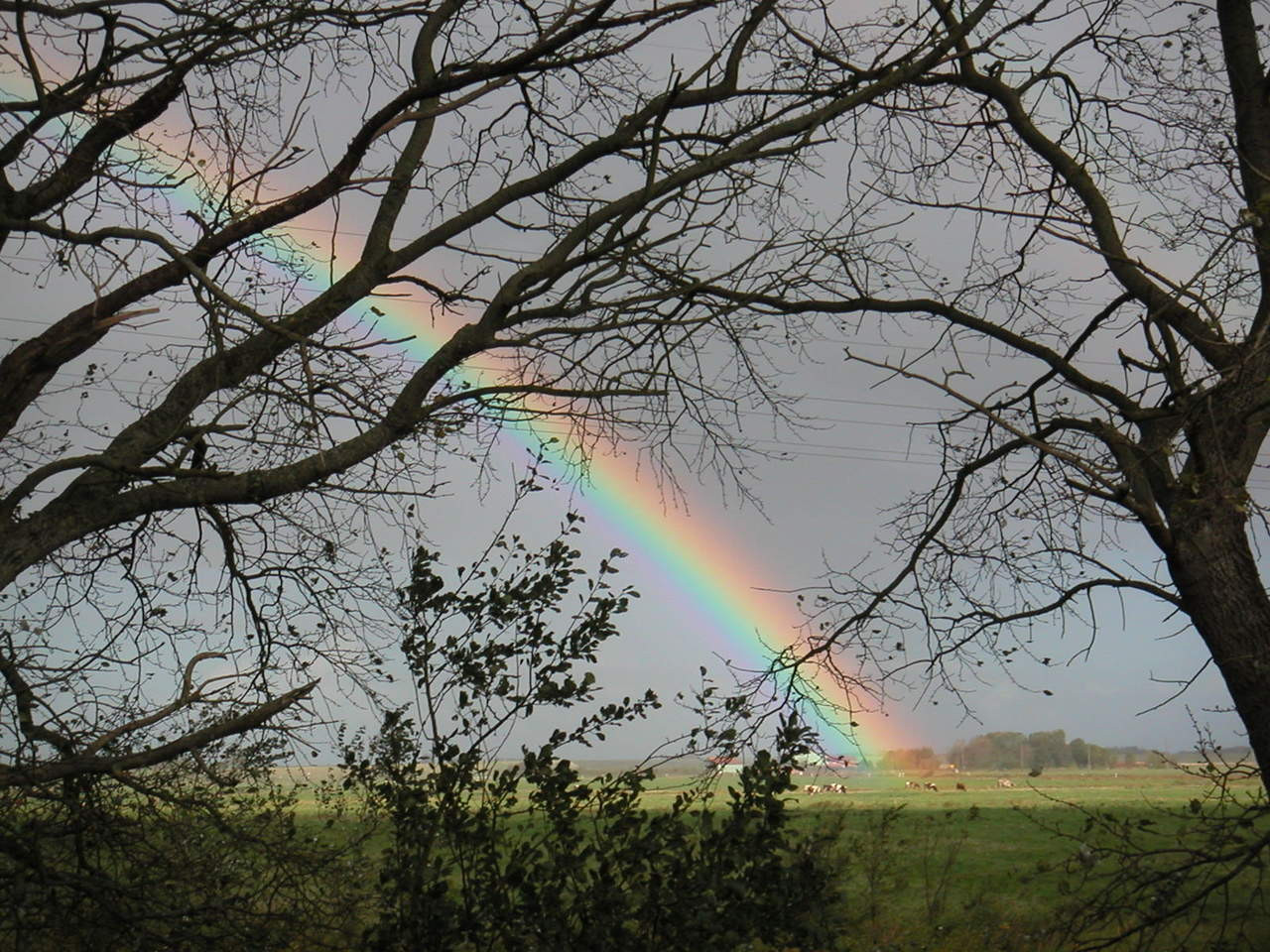Let's talk about climate change
Posted 13th of December 2021 by Gill Wier

A few weeks ago during the COP26 conference, I watched a Panorama documentary about how extreme weather conditions are impacting people in different parts of the world. Prior to this most of the programmes I had watched centred around the impact on animals and other aspects of the natural world. I do care about nature but my real passion is people so I was more deeply affected this time.
Seeing how people in countries as diverse as Canada, Australia, Germany and Madagascar had their homes and livelihoods destroyed by forest fires, floods or drought made it feel more of a real and immediate threat. The increase in the global temperate is already harming human beings and could eventually harm me and those close to me.
For a few days I felt really despondent, weighed down by the inevitability of climate change as I watched the coverage of COP26 and heard commentators share their disappointment that although commitments were made, they did not go far enough. The following week I felt happier and climate anxiety was not so present in my mind. This left me wondering how can we retain enough awareness of climate change that we take action, alongside functioning well in our day to day lives, ensuring climate anxiety does not overwhelm us?
I’ve been doing some reading on the subject of climate anxiety and have been able to identify some concepts and ideas that inform, inspire and renew my hope…..
Climate anxiety is not irrational – unlike some of the things we worry about this is an actual threat and it’s rational to feel anxious about it. This helps to normalise these feelings. It may be that anxiety about climate change is a necessary and useful in mobilising us to take action. Viewed in this way, climate anxiety is productive.
Climate anxiety drives us to reconnect with nature, we can no longer stand apart from the rest of the natural world and consider ourselves separate. We need a new perspective and fresh inspiration. I found this TED talk about reconnecting with ourselves in nature through poetry very inspiring, especially the challenge to become “keystone individuals.”
Climate change has been caused by human beings and this is hard to accept as it brings up feelings of shame and a loss of trust in humanity. Perhaps this is why we have avoided or denied the reality for so long. Climate anxiety can empower us to reconnect with our potential to do good in this world. My hope is that as we face up to this reality human beings can come together to take action. On our own we feel powerless but if we can act together there is potential to make a real difference. Talking to others about our concerns and ideas for action is a good first step. Consider joining a local activist group or taking part in protests.
Taking meaningful action is an antidote to anxiety. There are plenty of small actions we can all take to reduce our impact on climate change such as recycling as much as you can, choosing reusable rather than disposable items, walking instead of using the car for short journeys. There are bigger actions to consider too such as buying an electric car or getting rid of your car altogether!
Human beings are extremely good at adapting to new circumstances. The pandemic has shown this as we have all had to adapt to doing things differently. As the “climate bubble” bursts and more and more people wake up to the reality of climate change my hope is that we can work together to find new approaches and new technologies to enable us to reduce our impact on the planet.
Therapy Today, the counselling magazine, was based around the theme of climate anxiety last month and I read through a number of articles written on the subject by counsellors who specialise in this area. Some of the themes which stood out were the importance of acknowledging climate change as a real and pressing concern to many people, especially younger people. The counselling profession needs to play a part in getting this topic further up the agenda and providing a safe space for clients to voice their fears about climate change.
So let’s keep talking about climate change.
